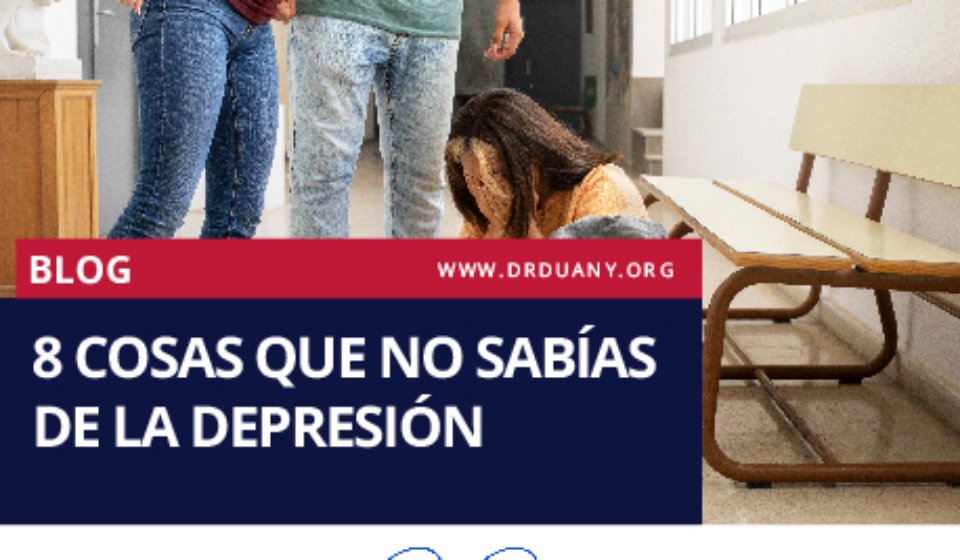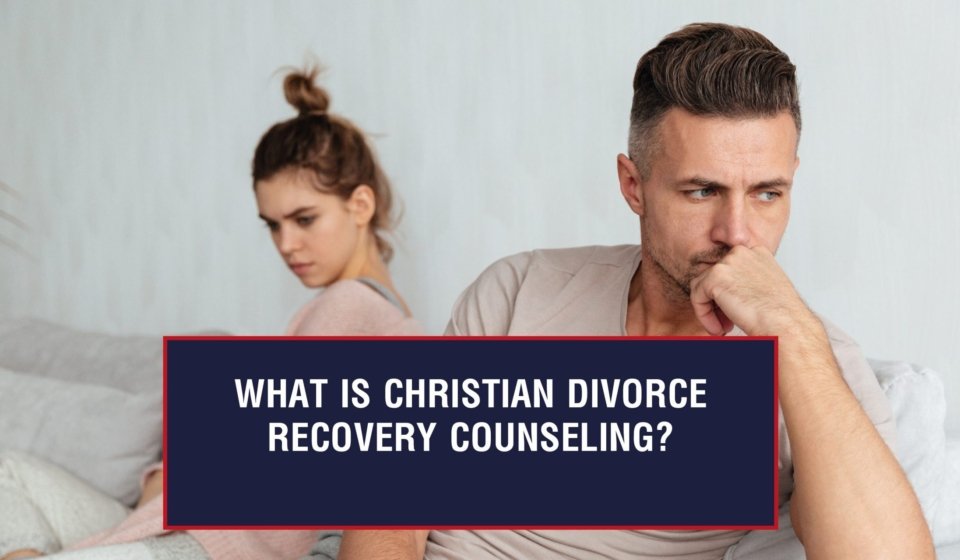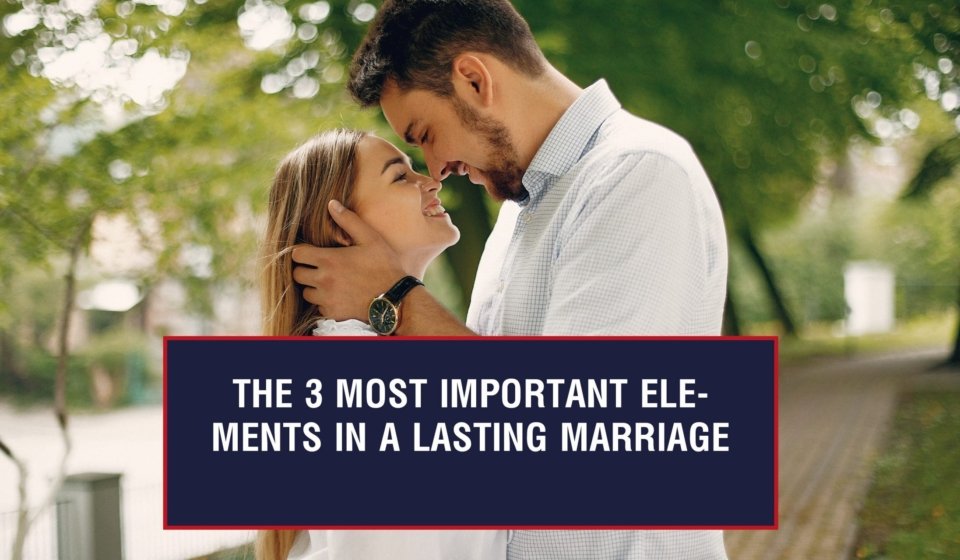The Bible tells us that we were created to live in a community, not in toxic relationships. Our creator lives in the community and made us in His image, the image of a relational God (Gen. 1:26,27). A God manifested in three different people who are one in mind and purpose.
From the beginning, God intended to have a relationship full of love with Adam and Eve, and they were to emulate the same love-based relationship with each other. However, we know our first parents’ sad story. They broke their relationship with God and as a result, today we experience toxic relationships in our lives.
What is a toxic relationship?
When we talk about relationships, we tend to underestimate the influence of our sinful nature on developing healthy relationships with others. Our sinful state greatly affects every interaction we have with our neighbor neighbors.
It means that many times we find ourselves establishing toxic relationships unconsciously. As Pablo said, we do not do the good I want to do, but the evil I do not want to do, this I keep doing. When are toxic relationships born, and when do they arise?
Thus, to answer this difficult question, we must consider how we develop our personality and how this affects the way we relate to others when we reach adulthood. It all starts when we are born.
According to Erickson, this is the stage of trust/distrust. At this stage, we can learn about the world through our parents’ eyes. If parents give love, affection, and attention to the child, he/she will develop a sense of trust and security in the parents’ arms.
However, if parents are too busy and so disconnected from the child that they do not have the time to become attached to him/her, expressing love and care, the child becomes confused and understands that he/she cannot trust those around him/her and develops a sense of distrust and insecurity.
Later in life, through the psychological mechanisms of integration and differentiation, the child begins to incorporate the parents’ traits into his/her personality and discards others. In other words, these traits begin to be a part of the child’s personality.
Children’s mental schemas
Then, the same way children have an innate ability to easily assimilate a language, they also have a system for adapting to a difficult environment and surviving. They assimilate what they see and build a defense mechanism to survive in their environment. These understandings about life and their environment become a part of children’s mental schemas.
What are these mental schemas? They are made up of thoughts, assumptions, and beliefs learned from experience with our family that help us to maintain a sense of personal identity during a difficult world when we are little, and also allow us to understand the environment in which we live.
In other words, the fundamental concepts are a structure that contains a representation of the reality in which that child lives. These mental schemas will have a great influence on the child’s life when he/she is an adult.
Adaptive or maladaptive mental schemas
These mental schemas can be adaptive or maladaptive. The problem with maladaptive cognitive schemas is that, like a map, they reveal approximations in the physical world. Cognitive schemas are also a map that helps us and guides us in our relationships with others. These maladaptive beliefs become the root of the relational problems we present as we go through life.
Mental schemas store in the subconscious and are not that easy to identify because they operate unconsciously. This is why you could be your best to have a healthy relationship with someone you love and still not see any progress.
These toxic behaviors often carry out unconsciously. This is why you might be stuck in a toxic relationship. People who are stuck in the past often need the help of a trained professional to identify toxic mental patterns.
How does a child develop a toxic relationship?
In general, there are four types of early life experiences that make a child vulnerable to developing toxic relationships.
- Firstly, the toxic frustrations of needs. They occur when a child does not experience enough love and security to feel safe in his/her environment. This child learns not to trust others because he/she believes he/she could be mistreated and hurt again.
- Second, emotional trauma occurs when a child is abused or victimized. A young person in this environment can learn to have a manipulative and abusive relationship with others, or can simply become a victim of an abuser.
- Third, a child can be pampered or spoiled. This person may become highly dependent on others or feel entitled to special privileges. As a result, when this person does not receive what he/she expects from others, he/she can develop a mindset that is addicted to approval.
- Fourth, the child may identify with or internalize the perspective of a dysfunctional parent. For example, a child who has been raised by an abusive parent may have the same emotional response as the parent when relating to his/her peers.
What can do with all these maladaptive basic concepts that lead to forming toxic relationships? The truth of the matter is that the damage that does a past toxic relationship cannot undo. However, there is something you can do about it.
How to deal with a toxic relationship
These toxic relationships formed from childhood can understand in the light of your new relationship with God. You cannot eliminate these mental schemas, but you can make sense of them and allow the Holy Spirit to renew your mind.
You are not alone on this journey, since we all have frustrations and disappointments when interacting with others. However, I have good news for you. The Holy Spirit’s mission is to restore the image of God in your life (Romans 8:29).
First, He will guide you to discover the full truth about who you are as a person (John 16:13). In other words, He will show you who you are in your mind and how your toxic relationships are destroying your life.
Secondly, He will renew your mind (Romans 12:2), bringing every thought (belief, mental scheme) captive to the obedience of Christ (1 Cor. 10:5).
Thirdly, the Holy Spirit will put the mind of Christ in you (1 Cor. 2:16) and He will make you a new creation so you can enjoy healthy relationships.
Set your mind up today to ask the Holy Spirit to transform your mind. May this be your prayer today: Give me a new heart, Lord
What’s the biggest thing you’re struggling with right now that I can help you with?












